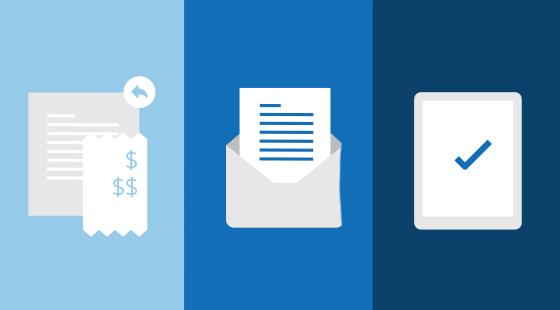Most lawyers rely heavily on email, which isn’t surprising. After all, lawyers are used to email, and have been using email to communicate with clients for decades now. This, despite the fact that it is inherently unsecure and is no different than sending a postcard written in pencil through the post office. Nevertheless, lawyers continue to use email for confidential client communications, even though there are more secure methods of communication available, like client portals (more on those momentarily).
As email has evolved, lawyers have begun to take advantage of new ways to use email, such as email tracking tools. Typically this type of software allows the sender to track a wide range of occurrences, including when an mail and its attachments are opened by a recipient, the geographical location of the recipient, how long the email and any attachments were viewed, how many times they were opened, and whether they were forwarded.
Because of the intrusiveness of the data provided by email tracking, you probably won’t be surprised to learn that its use by lawyers has raised some ethical red flags. For example, in New York Opinion 749 (2001) the Committee on Professional Ethics concluded that a lawyer may not “use available technology to surreptitiously examine and trace e-mail and other electronic documents.” A similar issue was also addressed by the Alaska Bar Association Ethics Committee in Opinion 2016-1. In that opinion, the Committee determined that the use of email tracking software to track emails sent to opposing counsel is ultimately both dishonest and unethical, even if its use if disclosed.
Next, in Formal Opinion 2017-300 the Pennsylvania Bar Ethics Committee concluded that lawyers should avoid using email tracking tools with opposing counsel, and then the Illinois State Bar Association chimed in and likewise determined in Opinion 18-01 that it is unethical for lawyers to use email tracking software with opposing counsel.
If you’ve been tracking technology trends, this crackdown on email likely doesn’t surprise you. Although bar association ethics committees across the country began to approve the use of unencrypted email when communicating with clients in the mid-1990s, most ethics opinions handed down at the time acknowledged that the standard established regarding the use of email by lawyers was an elastic one that could conceivably change as technology advanced and more secure options became available.
Of course, technology has changed dramatically since then, and more secure electronic communication methods have emerged that have rendered unencrypted email insufficient for certain types of client communication, as the ABA acknowledged in Formal Opinion 477 last year. In this opinion, the Ethics Committee concluded that unencrypted email may not always be sufficient for client communication. Specifically, the Committee advised that lawyers must assess the sensitivity of information on a case-by-case basis and then choose the most appropriate and sufficiently secure method of communicating and collaborating with clients. Options offered in the opinion included encrypted email and “the use of a Virtual Private Network, or another secure internet portal” aka online client communication portals.
Secure client portals, which are often built into law practice management platforms, are the obvious choice for 21st century lawyers seeking to avoid the ethical issues presented by tradition unencrypted email. Online portals protect confidential communications and reduce security risks, making it easy for lawyers to comply with their ethical obligations. Even better, the benefits and conveniences of using online portals are many. Online portals: 1) offer superior security, 2) are easily accessible via a direct link from any internet-enabled device, 3) include the built-in ability to share information and documents, 4) offer enhanced communication capabilities and threaded, easy-to-read discussions, 5) provide streamlined communication and collaboration that increases efficiency, and 6) are convenient and provide 24/7 access to information.
The bottom line: email is inherently unsecure and 21st century add-ons like email tracking can present a myriad of ethical issues. On the other hand, secure online portals have received the ethical green light and are incredibly secure, convenient, and easy to use. Interested in learning more about online portals and ways to improve the communication channels in your law firm? Then download this FREE guide today: Fixing the Communication Problem in Your Law Firm.
